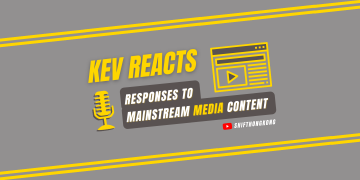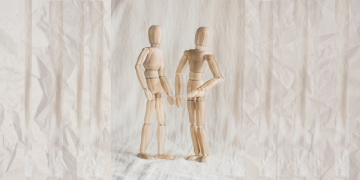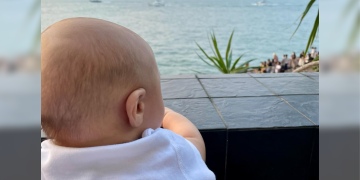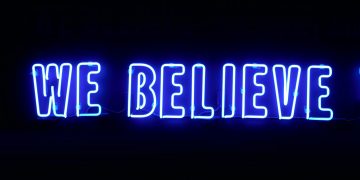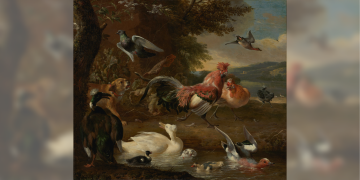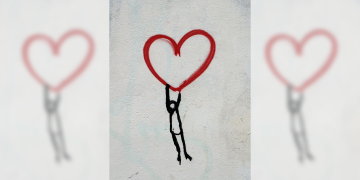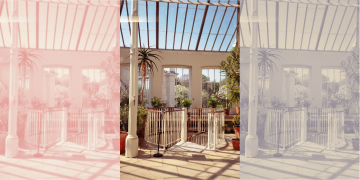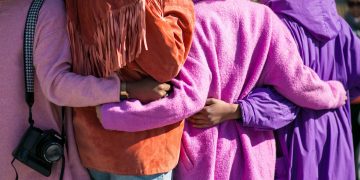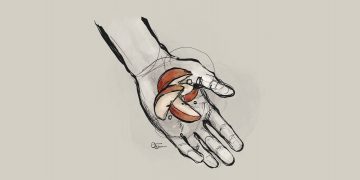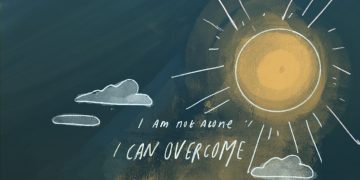“Do you still go to church?” my friend, Andrew*, asked while we were traveling on the train. It had been a long day, and I was distracted and tired.
“Yes, I do,” I said, surprised by the sudden change in conversation. “Why do you ask?”
“Oh,” he paused, “but you don’t really practice, right?”
“I do,” I repeated, feeling taken aback and slightly offended.
“Then … how do you feel about people with same-sex attraction like me?”
I know Andrew from our time in university together, when we took a few Psychology courses together. In between working on group projects and studying together, he knew of my faith the same way I knew of his sexuality. Over the years, we never openly talked about either topic; this was the first time he brought them up.
That night, he told me that his other same-sex attracted friends often face open hostility or criticism from Christians they know. Andrew thought I remained friends with him because I wasn’t a “fully practicing Christian”. Yet, it is precisely because of my faith that I remain friends with him. For if I am His disciple, then I am to be known for my love to others. (John 13.35)
Looking back, it strikes me how Andrew was the first to broach the subject of our seemingly conflicting identities. Over the years, I felt uncomfortable at the thought of talking about our beliefs and identities openly. I thought of bringing it up at certain moments, as we shared openly with each other about our dreams and aspirations. Subconsciously, though, I was afraid that I might say the wrong thing, so I decided to say nothing at all. But my fear and hesitation came from a place of not knowing exactly how to address it with sensitivity, compassion and grace. I thought it was best to avoid talking about something so delicate and complicated, when in reality, that made it all the more important for it to be addressed.
If you are in a similar position that I was in, then I encourage you to be bold and brave in actively approaching these topics. I am grateful that Andrew asked me first about my faith, just so we could talk about his perception of God and how it was formed. In hindsight, I wish I had been more intentional in talking to him about such a crucial part of his identity. Once the subject was open, I was able to explain my faith and relationship with God without worry and I was able to understand his perspective and identity more clearly too. Our friendship is now more honest and vulnerable than before.
Based on my own experiences, I would like to suggest some concrete ways to love our LGBTQIA+ friends. For God created us all in His own image: our inmost beings are fearfully and wonderfully made by Him and His works are wonderful (Psalm 139.14). By loving others the way Jesus does, we ourselves are being made more like Him. Let’s take the time to know our friends better and explore the complicated parts of our identities and relationships. Anyone who is struggling with making sense of their identity and sexuality are already feeling a myriad of emotions, but we can:
Be welcoming, loving, genuine and thoughtful
Have conversations to understand what they are thinking and feeling
Affirm them of their God-given talents
Pray persistently for the Holy Spirit to guide your words and actions.
I’m still learning how to be an even better friend to Andrew; I know it will be an ongoing process. I hope he knows I am here to listen, to encourage, and to bear his burdens. I pray that my conversations with him will come from sincere love, and not any meaningless talk. Through our friendship, I hope I can witness to him how deep God’s love for him truly is.
*Name changed















